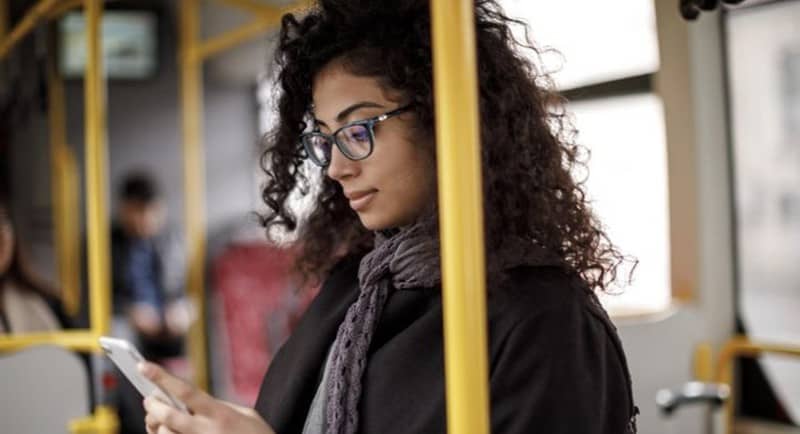Approximately 89% of Australians share concerns over the spread of fake news, according to YouGov research for Readly.
Readly, a magazine and newspaper subscription service, examined attitudes towards fake news and how this compares across the globe.
According to their data, 48% of people in Australia are “very concerned” about the spread of fake news and two in five people, 41%, are “concerned” or “somewhat concerned.”
Meanwhile, 11% said they had “no opinion,” “not concerned” or didn’t know what fake news was.
The results also showed a growing concern for fake news with the majority of Australians believing this will only worsen over the next three years.
Chris Couchman, head of content at Readly, said: “Spreading false news has been a real issue over the last few years with Covid 19 and this has spiralled again with reports and images from Russia.
“We have been forced to become increasingly aware that we bear a personal responsibility to fact-check the content we consume and the sources we use to ensure they are accurate.
“Social platforms are met with widespread criticism for lack of action against the deliberate dissemination of fake news, which means that more and more consumers value and are willing to pay for reporting from trusted news sources.”
Couchman added: ‘The majority of us believe that the incidence of fake news will increase and if this is true, the demand for more journalistic content from credible and verified sources with responsible publishers will also increase.
“What we read in the media has a great impact on several parts of our everyday lives. It is of the utmost importance that we take part in consuming verified news from only trusted perspectives, especially at a time of uncertainty.
“Our platform offers a breadth of quality journalism from trusted publishers both in Australia and internationally,” he concluded.
The study also looked at media consumption and found that 66% of people believe that their media consumption makes a difference in their lives, and that 39% said it has increased their level of knowledge and understanding.
It found the 33% said that the media they engaged with highlighted new issues they might otherwise have missed, while 34% believe their media consumption affects their habits, interests and choices of hobbies.
In terms of political values, the research found 18% said their media consumption shaped their political views.
The study also found that 69% of Australians said that consuming verified, trusted news is either “very important” or “important”, and that two in five already pay for verified news.
